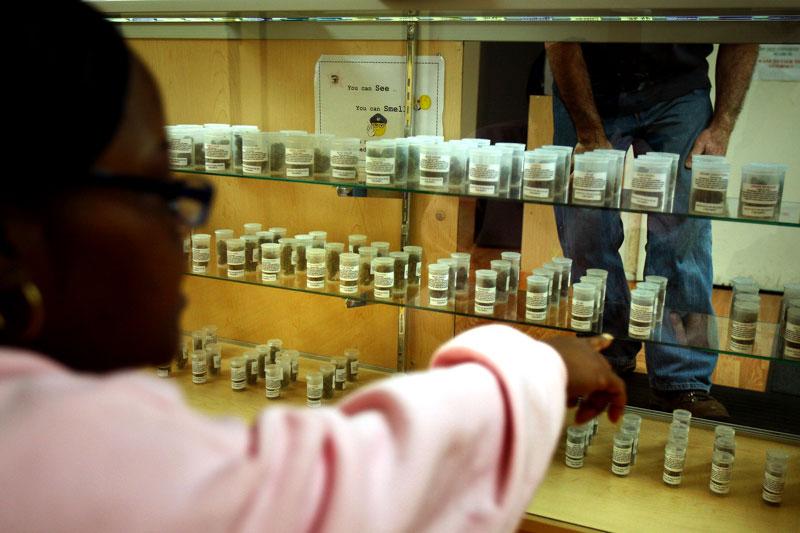
Last week, the Los Angeles City Council approved an ordinance that will shut down hundreds of medical marijuana dispensaries within the next few months. Medicinal marijuana use is legal, but any move around this subject spurns greater debate of the legalization of recreational marijuana use in the city and state.
There is an enormous amount of information to analyze that supports both sides of the argument. Examples include cost of regulation, tax revenue potential, a possible rise or decrease in drug related violence and health concerns.
However, there is an argument I cannot buy into revolving around children. I have read arguments against legalization because it will be more accessible to youth and sends the “wrong message” condoning pot smoking.
If marijuana does become legal then parents have some work to do. If kids are determined, legalization is not going to stop them from seeking out their first pot-related experience nor will it curtail their current smoking habits.
I think two distinct elements are necessary, with regard to children, as we consider the great pot debate: strict regulation and education.
There is plenty of regulation in place for adult-only activities: alcohol use, tobacco sales, and purchasing firearms. While sometimes challenging to control everything to 100 percent compliance, it can be done with some success.
Just as a teenager cannot stroll into a liquor store for an after-school treat of Absolut or a fifth of Jack Daniels, similar laws would apply to pot. According to AB390, a bill introduced by Assemblyman Tom Ammiano (D-San Francisco) the possession, sale and cultivation of marijuana would apply only to people 21 years and older; just like buying alcohol.
The Regulate, Control and Tax Cannabis Act of 2010, which you’re almost sure to see on the ballot this November, makes strict provisions as well. It prohibits possession of pot on school grounds, public use and smoking it while minors are present. It also keeps in place a ban on driving while stoned, just like the restrictions on alcohol.
Regulation would not trigger a weed-buying-free-for-all. According to the Initiative, about 100 million Americans use marijuana and 15 million of them within the past month. The rush began a long time ago.
Regulation would be a huge step towards management of the drug, but it only takes us so far.
Parental intervention and education needs to happen if children are to be knowledgeable about what is appropriate for adults and to help them interpret what legalized pot means to our society. This is how we avoid sending the wrong messages.
Sadly, society has already blown it when it comes to surrounding children with positive, enlightening, educational messages. Children receive erroneous and mixed messages constantly from multiple forms of media: television violence, over-sexualized images in print, suggestive or demeaning music lyrics, etc.
Wrong messages exist at home, too. Many children observe their parents over-indulge in cigarettes, food or excess of anything unhealthy.
Again, there are tons of concerns with the pot debate that I can’t seem to grasp, like the impact legalization might have on Mexican drug cartels, or the precise tax dollars that may or may not affect our economy as a result. I am leaving that type of research to a professional.
What I can understand is the need to talk openly with young people. It does take a village to raise children, but if we rely on society and the media to send correct information and positive messages to our kids, we are screwed.
The city ordinance will take affect after necessary research on monitoring costs and after Mayor Antonio Villaraigosa gives his signature. Why wait until then to make this a discussion among younger members of the family?
It will be an interesting year for cannabis. Angelenos and all California residents need more information in this fight. Do some research before you formulate your stance on whether or not pot should be legal, but do not wait to begin an honest discussion. Do it for the kids.





